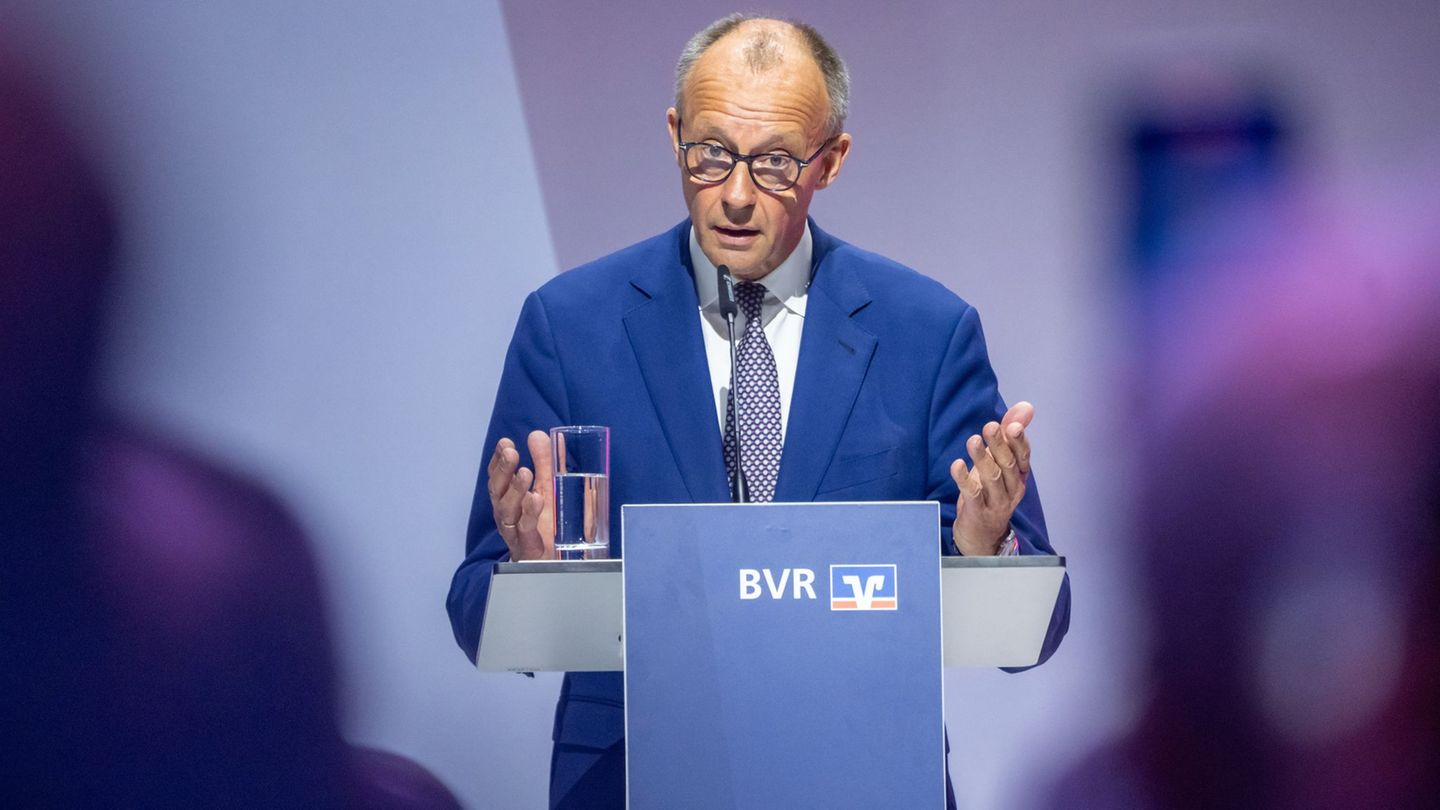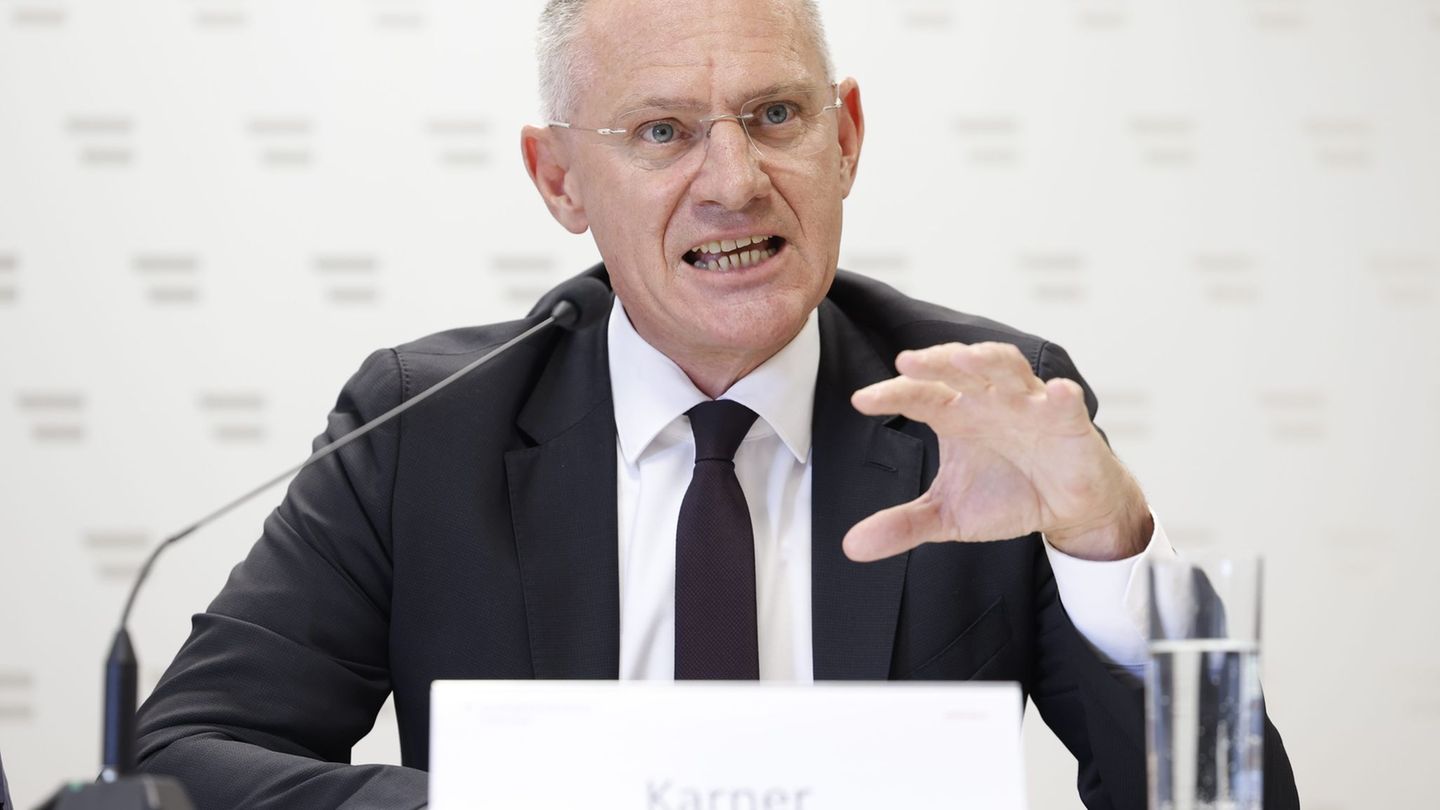The investigation into possible cases of fraud in climate projects in China is ongoing. So far, the Federal Environment Agency has found evidence of “irregularities” in eight of 69 projects, the agency said.
In the scandal surrounding alleged fraud in China, the Federal Environment Agency has refused to issue climate certificates to German companies. The agency announced on Friday that it was concerned with eight climate protection projects in China in which irregularities had been proven. The eight refused certificates correspond to a saving of 215,000 tons of carbon dioxide, which the companies originally wanted to have credited to their climate balance.
The background to the measures taken by the Federal Environment Agency (UBA) is a network of fraud that came to light in June and in which German mineral oil companies are said to be involved. For legal reasons, the UBA cannot provide more precise information about the companies, said a spokesperson for the dpa.
UBA engages international law firm
According to the office, applications for the activation of certificates were withdrawn for seven of the eight projects because there were “serious legal and technical inconsistencies”. Another project did not receive a certificate because it was “started prematurely” in contravention of the rules.
In addition to its own investigations and those of the Berlin public prosecutor’s office, the authority has also hired an international law firm to investigate the alleged fraud cases. The law firm is also active on site in China, the UBA explained. In the next step, 13 further projects will be examined.
According to UBA information, 40 of 69 China projects are suspected of fraud. There will be no further projects for the time being: In view of the suspected cases, Federal Environment Minister Lemke had stopped all new applications with effect from July 1.
Oil companies are accused of having a false climate balance
According to the findings to date, the companies were able to offset contributions to their CO2 balances as part of dubious climate projects in China without these projects actually reducing greenhouse gases. In some cases, the projects did not even exist, and in some cases the stated CO2 reduction did not correspond to the actual savings, it was said.
The fraud was made possible by a mechanism that allows mineral oil companies in Germany to achieve legally prescribed climate targets with the help of climate protection projects in China. This means that they can finance projects that reduce emissions in the oil sector and, if the corresponding certificates are recognized, have them credited towards their climate balance in Germany.
These “Upstream Emission Reduction” (UER) projects are then counted towards the so-called greenhouse gas reduction quota in transport. The companies also save money by complying with the quota.
Investigations continue – hurdles to clarification in China
The Federal Environment Agency is responsible for the final activation of the certificates. The agency stressed again that it is often hardly possible to investigate and prove abuse from a distance and on the basis of satellite images or submitted reports. This is also why the international law firm was called in.
A few weeks ago, Environment Minister Steffi Lemke (Greens) spoke of “serious environmental crime” and promised a comprehensive investigation. A short time later, the UBA suspended one of its employees responsible for the area.
In mid-July, on behalf of the Berlin public prosecutor’s office, searches were carried out in Bavaria and North Rhine-Westphalia at companies that specialize in the preparation of environmental reports – including the controversial certificates. Investigations are being carried out against 17 people on suspicion of joint commercial fraud, it was said.
Source: Stern




